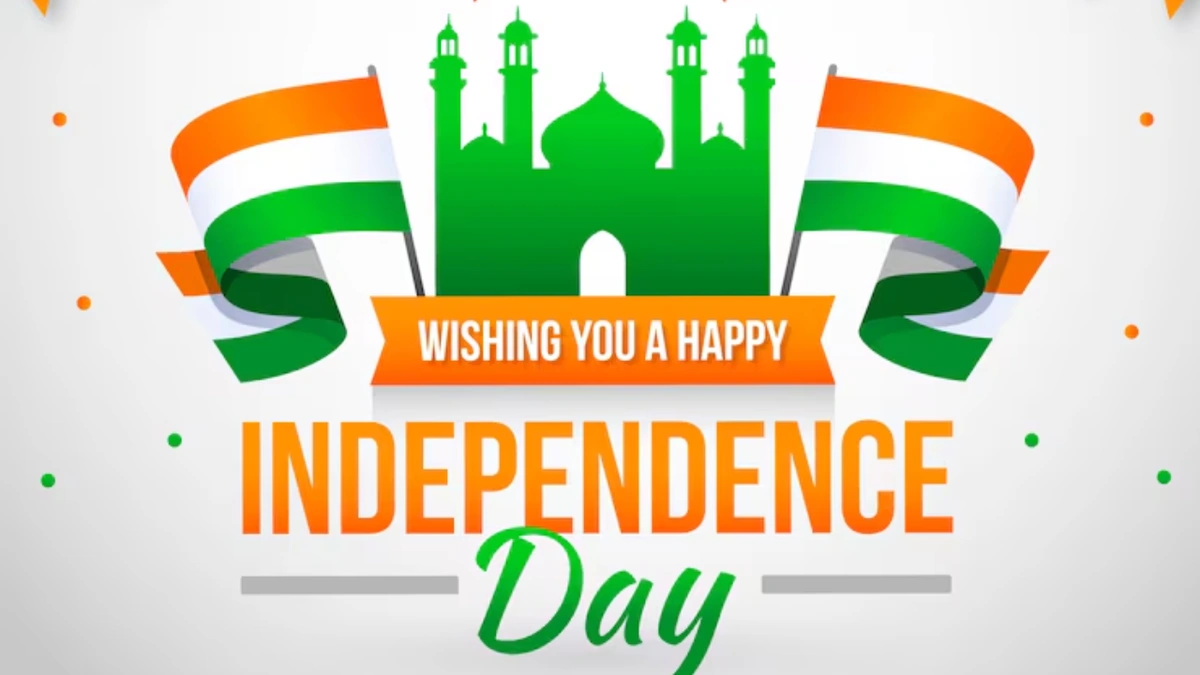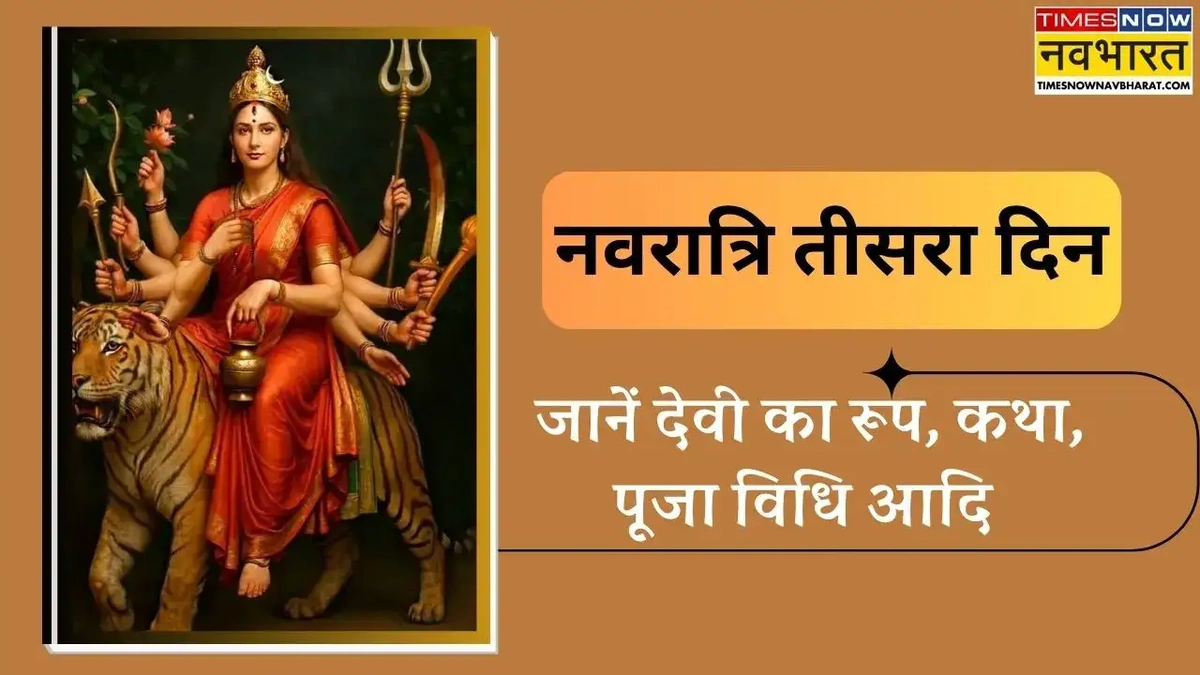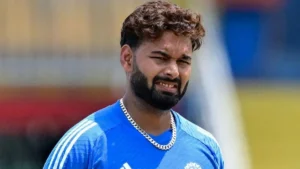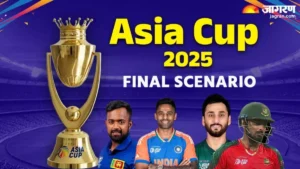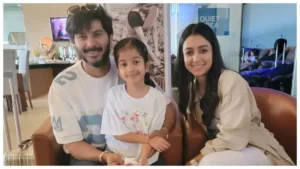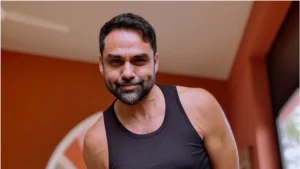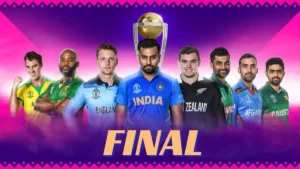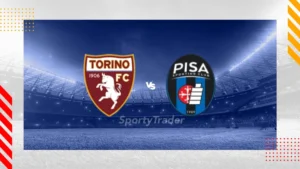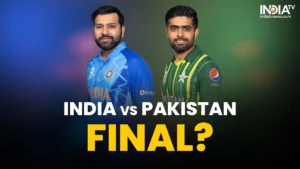Happy Independence Day? Let’s Talk About What We’re Really Celebrating on August 15th
Let’s be honest for a second. When you think of August 15th, what comes to mind? For me, it’s a jumble of childhood memories. The slightly-too-big white uniform for the school parade, the flimsy paper flag that would get soggy in the monsoon drizzle, and the sound of A.R. Rahman’s “Maa Tujhe Salaam” blasting from a neighbourhood speaker. It’s a feeling. A vibe. A mandatory holiday from work.
But as the years go by, the feeling gets a little… fuzzy, doesn’t it? We say ” Happy Independence Day 15 August ” almost on autopilot. We forward the WhatsApp messages, maybe post a tricolour on Instagram, and enjoy the day off. And there’s nothing wrong with that.
But here’s a thought that’s been nagging at me: Are we just celebrating a date on the calendar, or are we celebrating the idea behind it? Because that idea, that earth-shattering, world-changing idea of a free India, is so much bigger, messier, and more important than a single day of celebration. It’s not a historical event we look back on; it’s a project we’re still building. And that, my friend, is where it gets really interesting.
Beyond the Tricolour | What’s the Real “Swaraj” We’re Chasing?
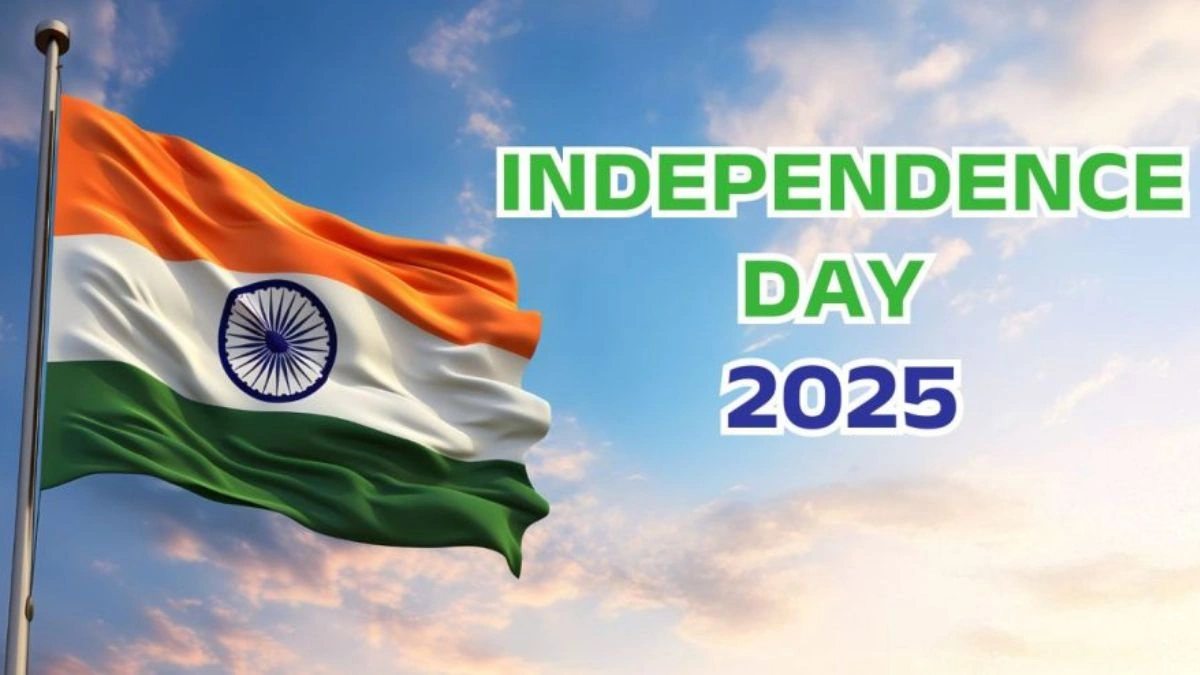
The word our freedom fighters used wasn’t just ‘independence.’ It was ‘Swaraj.’ And the two are subtly, powerfully different. While independence is freedom from external rule (in our case, the British), Swaraj is something deeper. As explained beautifully in historical texts, it translates to ‘self-rule’.
But Gandhiji and others didn’t just mean political self-rule. They meant self-rule at every level. Self-reliance. Self-control. The freedom to be the master of your own destiny, not just as a nation, but as an individual. It’s the freedom to think, to question, to disagree, to build, and to dream. It’s an active state, not a passive one.
So, the real meaning of independence day isn’t just about celebrating the moment the British left. It’s a national check-in on our progress towards true ‘Swaraj’. Are we, as a people, more self-reliant? Are our institutions more just? Is every citizen truly free to speak their mind and pursue their dreams without fear? These are the uncomfortable, but necessary, questions hidden inside every 15 August celebration .
It’s a bit like getting the keys to a new house. The day you get them is Independence Day. But the decades of work turning that house into a home, fixing the leaks, painting the walls, and making it a safe space for everyone inside? That’s the journey of Swaraj.
The Echo of Freedom | Why a 77-Year-Old Story Still Runs Our Lives

It’s easy to think of the freedom struggle as a black-and-white chapter in a history textbook. A story of heroes and villains, neatly concluded in 1947. But that’s a massive oversimplification. The decisions made during the history of Indian independence are not relics; they are the very software our country runs on today.
Think about it. The arguments in the Constituent Assembly about secularism, federalism, and fundamental rights? They are the very arguments we’re still having in primetime news debates and on Twitter. The promise of “justice, liberty, equality, and fraternity” etched into our Constitution is the benchmark against which we measure every government policy, every court judgment, and every social movement.
What fascinates me is how we’ve inherited both the triumphs and the unresolved conflicts of that era. The very existence of a democratic, diverse Independence Day India is a miracle born from that struggle. But the fault lines of caste, religion, and region that the British exploited are challenges we still grapple with.
Forgetting this connection is dangerous. When we see our freedom as a given, a gift from the past, we forget that it’s actually a fragile thing that needs to be protected and nurtured in the present. Every time we vote, every time we stand up for a neighbour’s rights, every time we demand accountability, we are participating in that 77-year-old story. You can almost feel the weight and beauty of it in every cherished India Independence Day photo , from the black and white images of 1947 to the vibrant selfies of today.
Freedom Isn’t a Spectator Sport | A New Kind of Patriotism
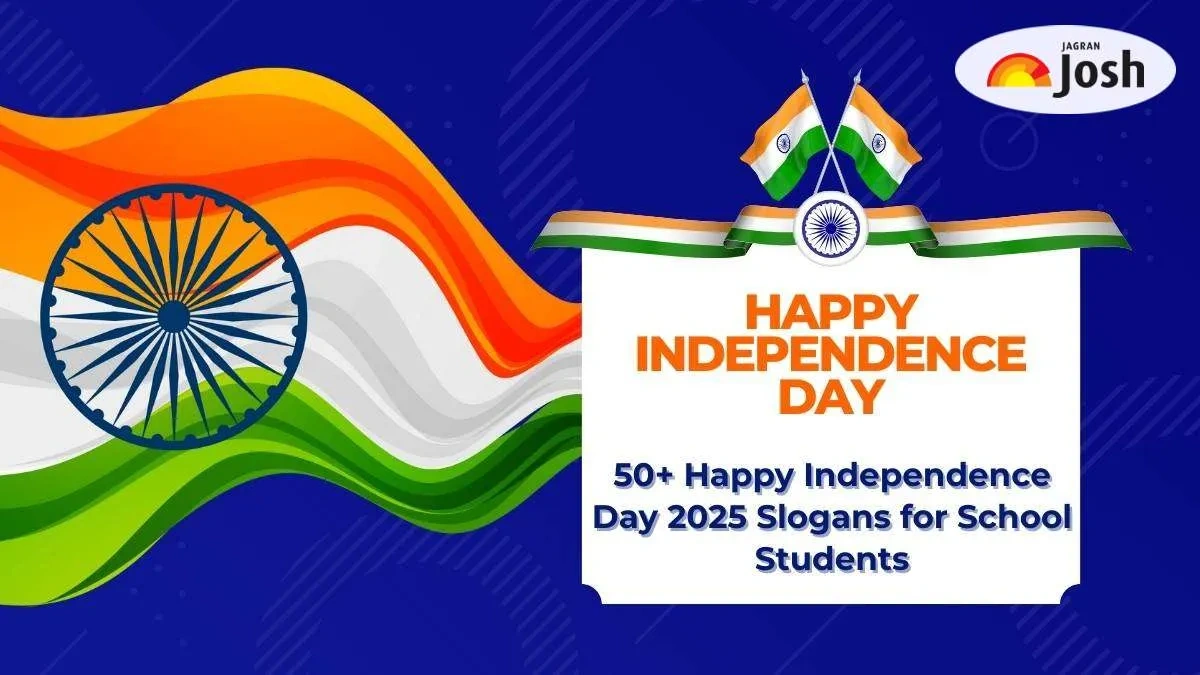
So, what does celebrating Independence Day look like if we move beyond the rituals? If we take the idea of Swaraj seriously? It means realizing that freedom isn’t something you just have; it’s something you do.
Here’s a radical idea: The most patriotic thing you can do is not to just wave a flag, but to participate. To engage. To care.
- Be Informed: Don’t just consume headlines. Understand the issues. Read about the policies that affect your life and the lives of those around you.
- Ask Questions: Real patriotism in modern India isn’t about blind agreement. It’s about loving your country enough to ask tough questions of its leaders and demand better. That’s the spirit of the freedom fighters.
- Uphold Constitutional Values: The preamble of our constitution is a work of art. Justice, liberty, equality, fraternity. Practice them in your daily life. Stand up against discrimination. Treat everyone with dignity.
- Contribute Locally: Swaraj starts from the ground up. Get involved in your local community. A clean neighbourhood, a functioning resident welfare association, helping a local school – this is nation-building in its most real, tangible form.
This isn’t about grand, heroic gestures. It’s about a million small, conscious acts of engaged citizenship. It’s about shifting from being a spectator of India’s story to being an active co-author.
Your Questions About Independence Day, Answered
What if I feel disconnected from the day’s celebrations?
That’s completely normal. The traditional celebrations can sometimes feel performative. Try to find your own way to connect. Read a book about a lesser-known freedom fighter, watch a documentary, or have a conversation with your family about what freedom means to them. Make it personal.
What’s the main difference between Independence Day (Aug 15) and Republic Day (Jan 26)?
Think of it this way: Independence Day (15th August 1947) is our nation’s birthday the day we became free from British rule. Republic Day (26th January 1950) is the day we officially adopted our own rulebook, the Constitution of India, and became a sovereign, socialist, secular, and democratic republic.
How can I explain the importance of 15th August to my kids without just reciting facts?
Use stories and analogies. Talk about freedom in terms they understand like the freedom to choose their own game to play or their own favourite colour. Then, connect that to the larger idea of a country being able to choose its own future. The story of the struggle is a powerful tale of courage, unity, and sacrifice. The meaning behind festivals like Krishna Janmashtami can also teach valuable lessons about fighting for what is right, which can be a great parallel.
Is celebrating Independence Day just about honouring the past?
Not at all. It’s a dual-purpose day. It’s about honouring the sacrifices of the past, for sure. But more importantly, it’s about recommitting to the ideals of the future. It’s a day to assess our progress and reset our intentions as citizens for the year ahead.
This August 15th, as the tricolour goes up and the patriotic songs play, let’s take a moment. Let’s look past the ceremony and see the promise. The promise of a nation still in the making. A nation that is noisy, chaotic, beautiful, and flawed. A nation that is ours.
And maybe, instead of just wishing each other a “Happy Independence Day,” we can ask a different question: “How are we going to build a more free, a more just, a more independent India tomorrow?” Answering that, in our own small ways, is the greatest celebration of all.
